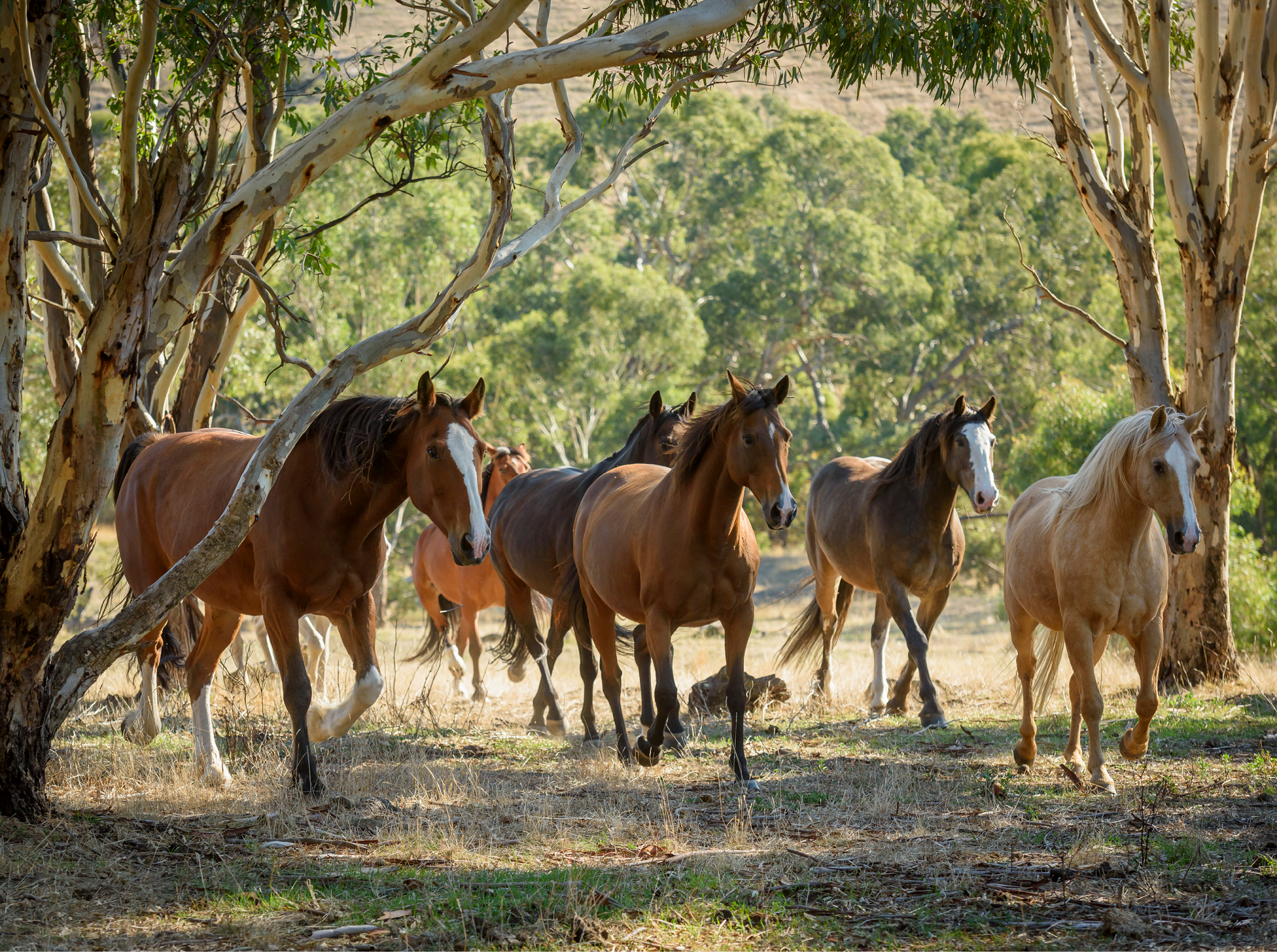
-
Adventure Camping
-
Back to Main Menu
Adventure Camping
Encouraging, nurturing and connecting people to discover their purpose and consider their future through school camps, expeditions and school holiday programs.
See Adventure Camping -
School Camps Our all-inclusive school camp packages make it easy to plan your next school camp.
-
Group Accommodation Mylor Adventure Camp and Wirraway Homestead are available for hire and are ideal group accommodation venues for camps and conferences in the Adelaide Hills.
-
Expeditions We create amazing opportunities for people to connect outdoors.
-
Tumbelin Outreach A voluntary 10-week program that challenges and supports young people at risk of harm associated with alcohol and other drug use.
-
School Holiday Activities Single and multi-day school holiday adventures for kids aged 10+ at Mylor Adventure Camp and Wirraway Homestead.
-
Tumbelin Farm A residential adventure therapy program for young people aged 16-24 with alcohol or drug related problems.
-
-
-
Children, Youth & Families
-
Back to Main Menu
Children, Youth and Families
Helping to build strong and healthy relationships through care, support and education.
See details -
Family wellbeing services Therapist guided, family-led wellbeing early interventions
-
Flexible Learning Options Supporting students to achieve their SACE or other vocational qualifications outiside of the classroom.
-
Out of Home Care Care and support to young people aged between five and 18 who require 24/7 care away from their families.
-
Youth Accommodation Supporting young people to obtain and maintain housing, undertake education and seek employment.
-
Unaccompanied Humanitarian Minors Accommodation, care and support for children who enter Australia alone on a Refugee or Humanitarian visa.
-
Tumbelin Farm A residential adventure therapy program for young people aged 16 to 24 with alcohol or drug related problems.
-
-
-
Disability Services
-
Back to Main Menu
NDIS and Disability Services
Supporting people to feel empowered, achieve positive outcomes and live their best lives as a network of NDIS registered developmental educators, occupational therapists and support workers.
See Disability -
Developmental Education Unique support to increase independence and achieve specific life goals.
-
Positive Behaviour Support Postive Support for people with disabilty displaying challenging behaviours.
-
Supported Independent Living Independent living with high levels of support and the option of having a Support Worker stay overnight.
-
In Home Supports Live independently in your own home with a bit of support with everyday activities.
-
Occupational Therapy Promoting improved health and wellbeing through participation in meaningful day-to-day activities.
-
-
-
Homelessness
-
Back to Main Menu
Homelessness Services
Working together to end homelessness
See Homelessness Services -
Wardli-ana Connecting Aboriginal and Torres Strait Islander people who are experiencing, or at risk of experiencing, homelessness with mob, culture and community and access to culturally informed support and advocacy services.
-
Bowden Lodge Supported accommodation for Aboriginal and Torres Strait Islander men who are experiencing or are at risk of homelessness.
-
-
-
WestCare Centre
-
Back to Main Menu
WestCare Centre
A safe place where people from all walks of life are welcome.
See WestCare -
WestCare Kitchen Free community breakfasts and free or low cost lunches.
-
WestCare Health Free, culturally safe and trauma-informed care.
-
Emergency relief Immediate help for people in need.
-
Community Food Hub Free or low cost food and essential items.
-
Community Connections Social connection and belonging are critical for our health and wellbeing.
-
Urban Education Promoting empathy and a holistic approach to social issues.
-
Donations of food and goods We rely on donations to help us, help people in need.
-
-
- Ways to Donate



